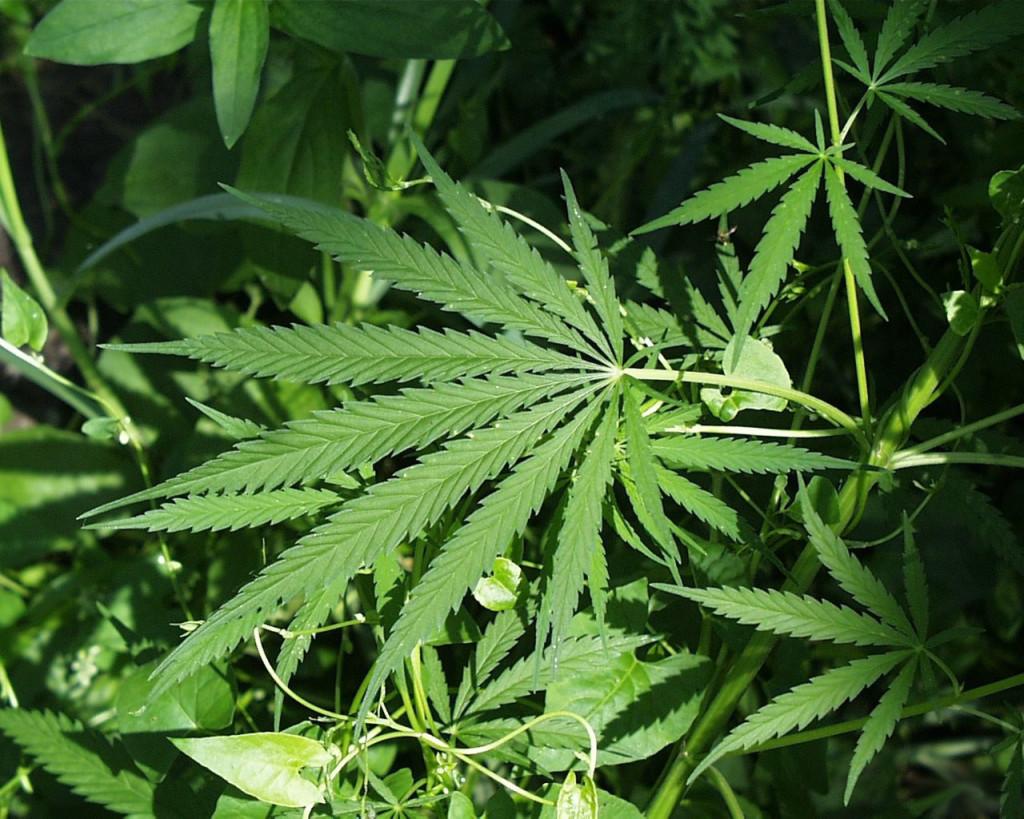On Nov. 4, voters in Oregon, Alaska and the District of Columbia cast their ballots in favor of the legalization of recreational marijuana, following the paths lit up by Washington state and Colorado.
The District of Columbia is about 69 miles from Shepherd University, and residents of West Virginia and Maryland are just out of reach of the District of Columbia’s Initiative 71. Initiative 71 will legalize the limited possession and cultivation of marijuana by adults who are 21 or older, as long as it is passed by Congress, according to the Marijuana Policy Project.
A resident of Shepherdstown, Hannah Smyle, said that she is a regular marijuana smoker, and the steps toward legalizing cannabis in D.C. are steps in the right direction.
“If marijuana is legalized and taxed, like alcohol, it would help the economy,” Smyle added.
“It’s about damn time. Black Friday is more dangerous than marijuana. That’s why I don’t go out on Black Friday,” Kevin Reese, a Maryland resident, said.
Reese added that as far as the legalization goes in D.C., it does not affect him and that he will not make special trips to D.C. if he can get it in closer places like Hagerstown, Md. Reese also added that, “laws are guidelines and everyone will justify what they do no matter what state they live in.”
Joe, who wished to remain anonymous, said that when he was underage, he was charged with possession of marijuana and paraphernalia, paid a fine and was put on a stet docket. Joe said that he thinks that the legalization is appropriate, because then he can drive into D.C. and get high without having to worry about a repeat of what happened in the past.
Almost 3,000 miles away, Jeremy James, a student at the Art Institute of Seattle, Wash., who used to live in Maryland, said that he doesn’t have to worry about driving anywhere to avoid trouble.
“Compared to other cities where marijuana is not legal, the people in Seattle are generally in a more peaceful, happy, friendly mood. Even the homeless people here seem to be in a better mood than the rich in Baltimore, as they sit on the sidewalks and offer up free joints,” James added.
A nurse from a local hospital, Susie, who also wished to remain anonymous, said that she sees a lot of patients overdosing on heroin, cocaine and prescription drugs, but their blood tests also come back positive for marijuana a lot of the time.
“So there may be something behind the gateway drug theory,” Susie said. “But on a personal note, I believe it’s about time that it is legalized.”
It seems that most people these days are in favor of the legalization of marijuana now, but that might not be the case for what could lie in the future.
Kat Hottinger, a mother of a 2-year-old boy, said that as time goes on more and more states will legalize marijuana, and that it is a good thing because as legalization spreads it won’t be so looked down upon when her son is of age, and therefore he won’t be judged if he does decide to try it.
“But I’m scared of what could also be legal by the time my son is 18,” Hottinger added.

